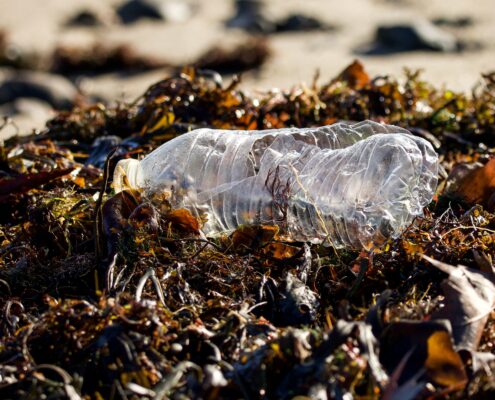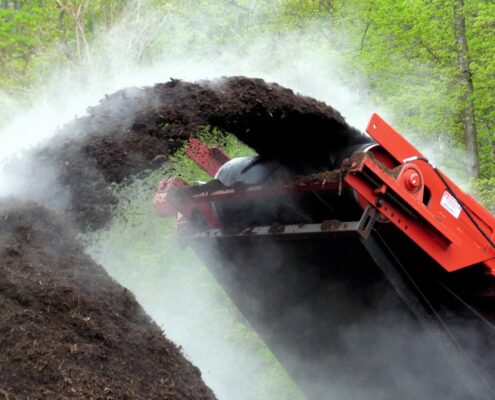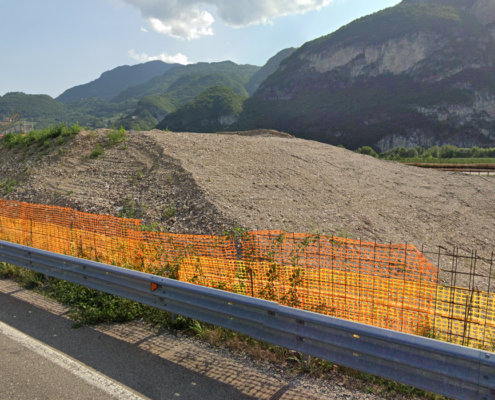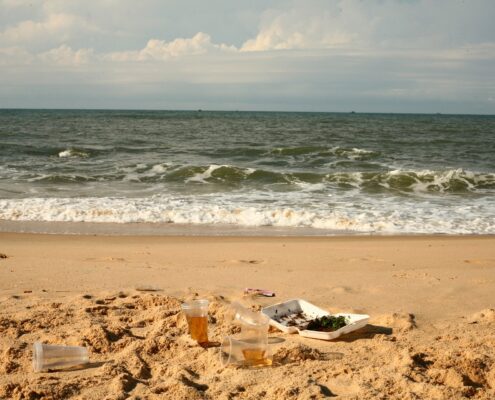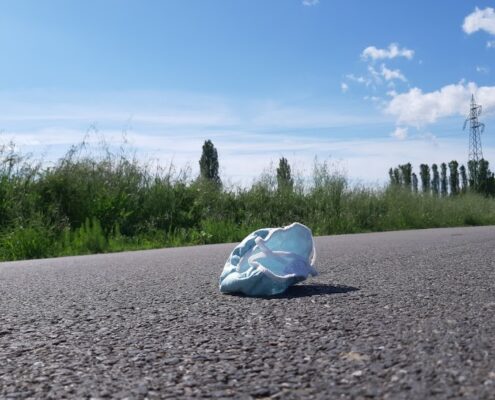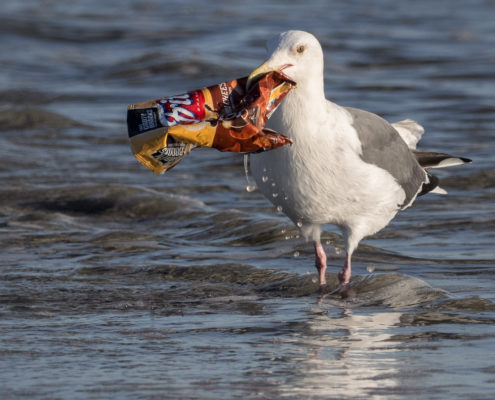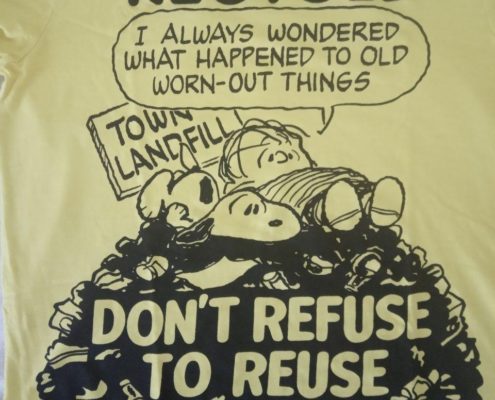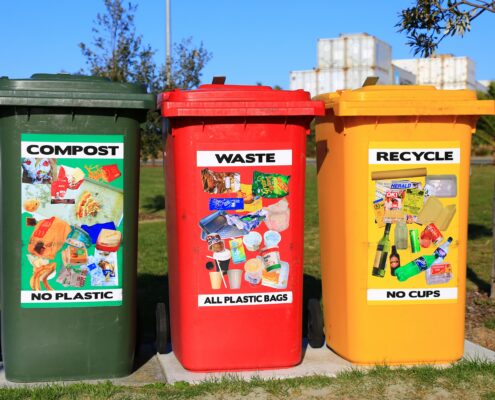 https://greenmarked.it/wp-content/uploads/2024/03/nareeta-martin-FoG7PKNYjpM-unsplash-scaled.jpg
1707
2560
Barbara Centis
https://greenmarked.it/wp-content/uploads/2022/01/LOGO-GREENMARKED-SITO-600x600.png
Barbara Centis2024-03-21 21:10:062024-03-22 23:07:21Waste Management: State of the Art and Future Emergencies
https://greenmarked.it/wp-content/uploads/2024/03/nareeta-martin-FoG7PKNYjpM-unsplash-scaled.jpg
1707
2560
Barbara Centis
https://greenmarked.it/wp-content/uploads/2022/01/LOGO-GREENMARKED-SITO-600x600.png
Barbara Centis2024-03-21 21:10:062024-03-22 23:07:21Waste Management: State of the Art and Future EmergenciesOctober 10, 2023
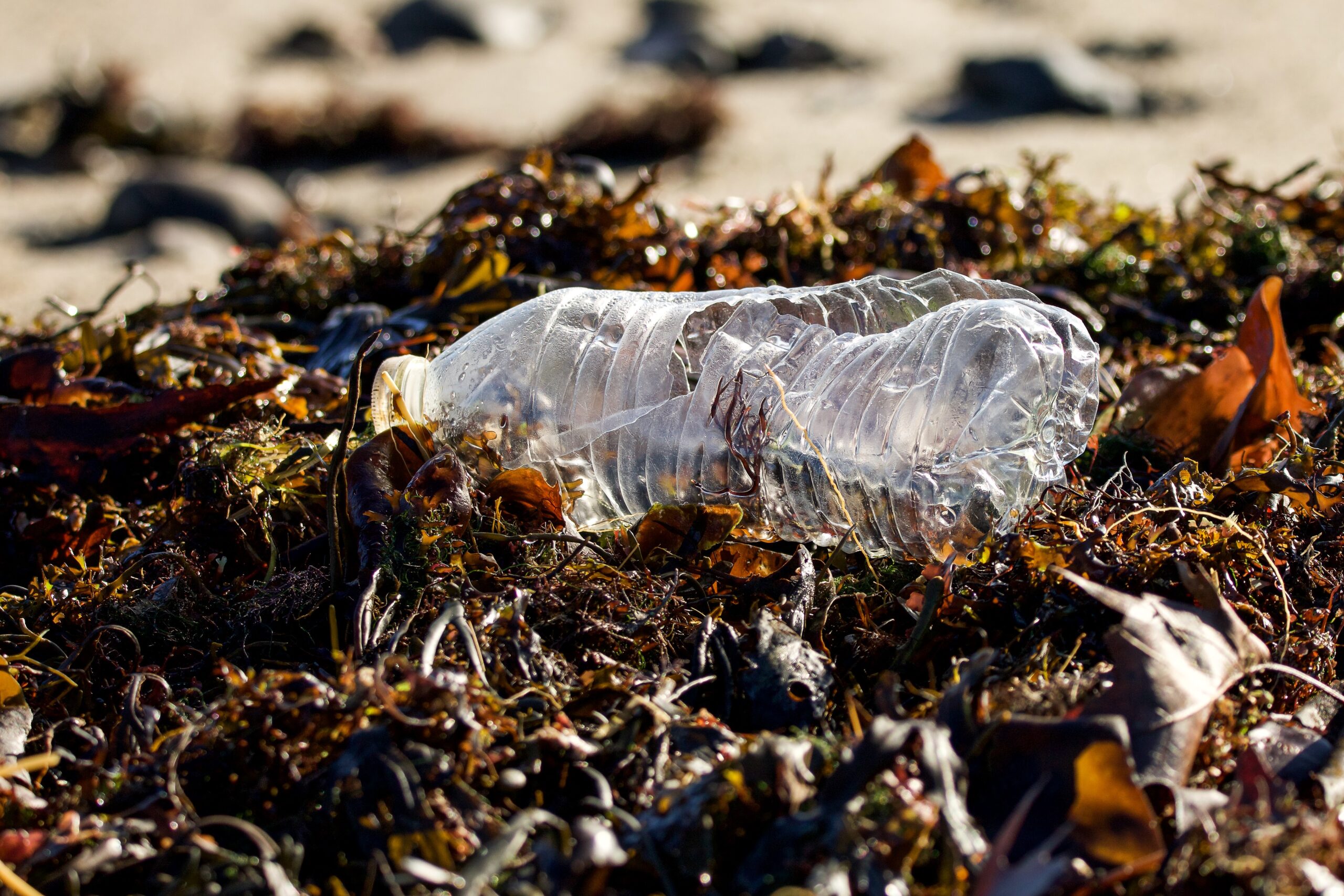
The other night I was in downtown Bologna. After an ice cream with friends, I took away the water bottle I had bought but I had not finished—a plastic half-liter bottle.
Once I drank all of my water, I faced an important moral dilemma: should I have looked for a plastic bin or thrown it in one of the many roadside trash cans?
Apart from the shortage of publicly accessible recycling bins in downtown Bologna, Italy lacks a system for valuing waste, and the ability to sort is just an ethical issue left to citizens’ common sense and morals.
What would happen if we switched from an ethical issue to an ethical and economic issue, placing a concrete value on waste?
“A Buon Rendere – molto più di un vuoto”
The initiative “A Buon Rendere – molto più di un vuoto“ (lit. “In Return- much more than an empty space”) is a campaign launched by the “Associazione Comuni Virtuosi” to encourage the transition to a circular economy in the packaging sector by introducing a collection system for beverage containers based on a Deposit Return System, or DRS.
The idea is that the consumer pays a deposit for the container (€0.10 to €0.25) in addition to the sale price of the good. This, however, will be refunded when the empty packaging is returned. In other words, the consumer actually buys only the contents and borrows the packaging [1].
A similar system is already in use in Italy for glass bottles. Some beverage companies give the option of using a returnable service, thus reusing the glass bottle for about 20 cycles.
What makes DRS different from returnable glass, however, is the material for which it is designed and its durability: single-use plastic and aluminum packaging. However, the key difference is that the returnable glass is a voluntary service, while the DRS is mandatory by law in countries where it is active [2].
In Europe, 13 countries already have an active DRS and as many will introduce it by 2025. Among them, however, is not Italy [2]. Yet, the DRS could be a solution to align with the European Green Deal directives on waste recycling, particularly plastic packaging.
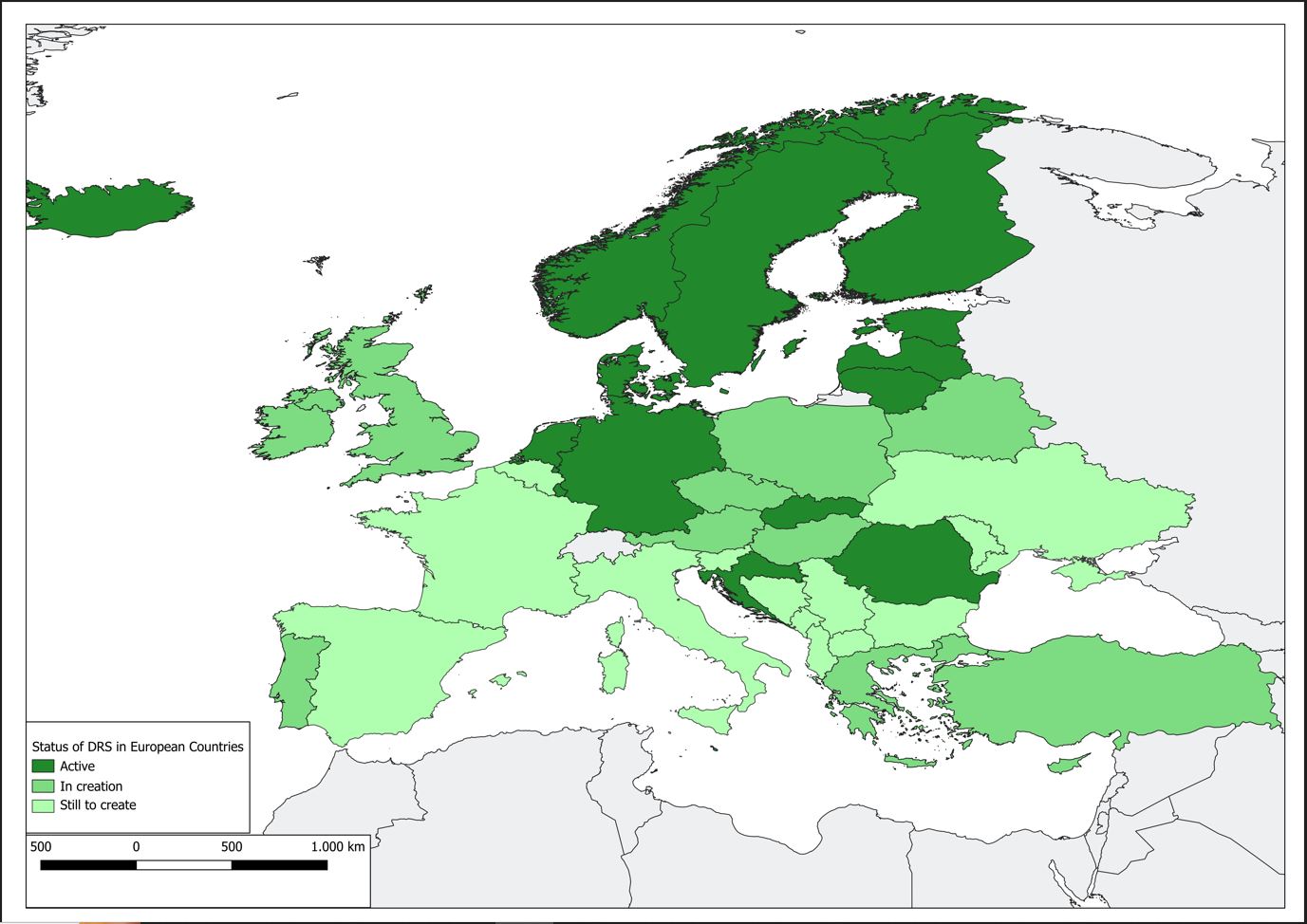
Fig. 1: Status of DRS in European countries. Author, 2023. Data source: A Buon Rendere
The benefits are not only for the environment
The main goal of the European Green Deal’s Circular Economy Action Plan is for each member state to reduce packaging waste by 15 % compared to 2018 by encouraging reuse, recycling, and banning unnecessary forms of packaging [3]. A DRS could help in the achievement of this goal.
Indeed, a factsheet by the NGO Reloop, highlights the positive impacts of DRSs, pointing out that in the United States and Australia, the introduction of these systems has reduced the amount of plastic bottles and other beverage packaging abandoned in the environment by up to 84 % and 54 %, respectively. The most successful example cited in the review is, however, Germany where, prior to the introduction of DRS, plastic beverage packaging accounted for about 80 % of trash. Then, after the introduction of the “Pfandsystem“, this value was reduced to ‘almost zero’ [4].
However, the benefits are not only for the environment. Public Administrations, the commercial sector, and the beverage companies also benefit.
PAs have lower operating costs from removing abandoned waste and cleaning up their territory. The large-scale retail and commercial sector gains from hosting take-back systems. In addition to receiving compensation for the distributor’s presence in the stores, it has been shown that people tend to visit stores more frequently to leave empty packaging and then take the opportunity to make purchases.
Finally, beverage companies have access to large quantities of high-quality raw materials that can be recovered at low cost. They also improve their environmental profile and image to the public [1].
What about us, in Italy, are we ready for a DRS? Since the different kinds of waste management and treatment systems we have across the whole peninsula, it is first necessary to succeed in harmonizing the diversity among the various municipalities. Meanwhile, we must continue to educate citizens about reuse and recycling and talk about differentiating, whether there is an economic payoff or whether it remains an ethical and moral issue.
By the way, in the end, I found a plastic bin to leave my bottle in.
ARTÍCULOS RELACIONADOS:
REFERENCIAS:
[1] A buon rendere. (2023, September 28). A buon rendere – Molto più di un vuoto. A Buon Rendere. https://buonrendere.it/
[2] A buon rendere. (2023c, October 6). Sistemi di deposito – A buon rendere. A Buon Rendere. https://buonrendere.it/sistemi-di-deposito/#SCE
[3] European Commission. (2022, November 30). Proposal for a revision of EU legislation on Packaging and Packaging Waste. Directorate-General for Environment. https://eur-lex.europa.eu/legal-content/EN/TXT/?uri=CELEX%3A52022PC0677
[4] Reloop. (2021, June 14). Fact Sheet: Deposit Return Systems Reduce Litter. https://www.reloopplatform.org/. Retrieved October 8, 2023, from https://www.reloopplatform.org/wp-content/uploads/2021/06/DRS-Litter-Fact-Sheet-Summary-14June2021.pdf
Cover and Preview image: Plastic pollution on a beach in Maine, USA. Free source photo by Brian Yurasits en Unsplash.

